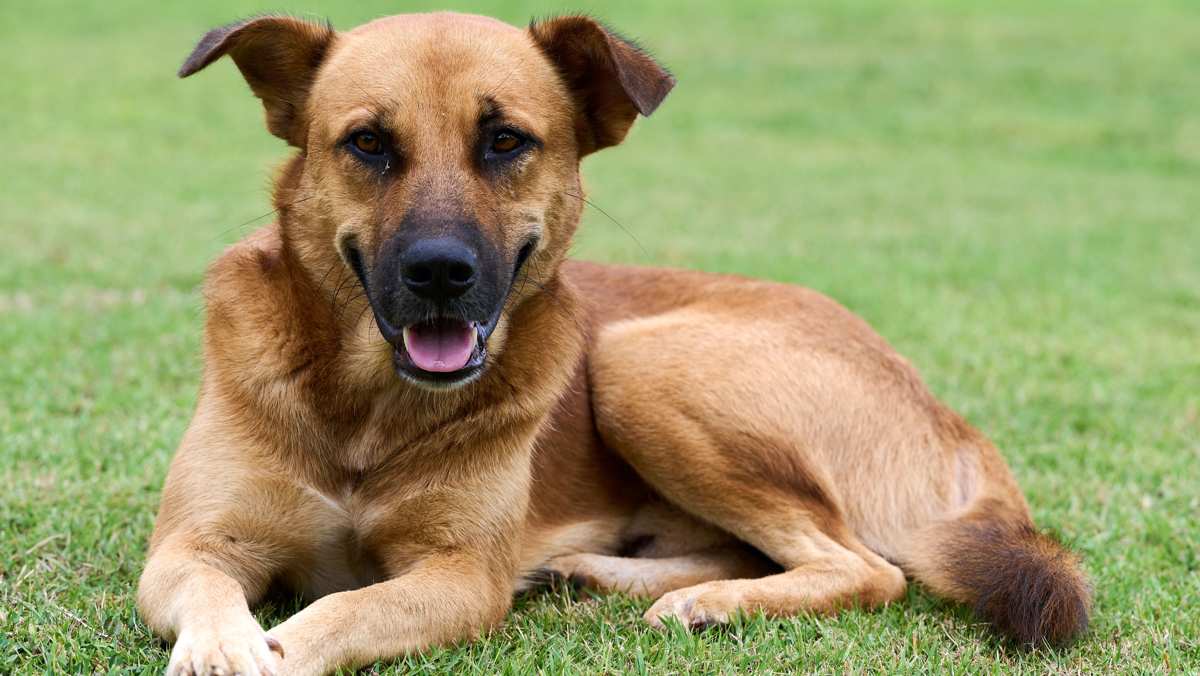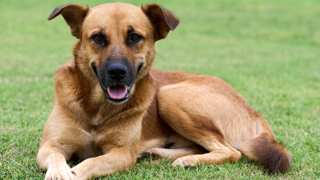Africanis Breed Details
The Africanis presents many contradictions: they are ancient dogs that can live in the wild as well as be comfortable as domestic companions, they demand a leader but are easy to train, and they are considered both a breed and a landrace. Depending on your personality, they may or may not be good for a first-time dog owner. They are fine having daily tasks, and hunting is one of their best occupations. They can also make excellent companions.
Here are some more African hunting dog facts:
PROS
- High stamina
- Easy to train
- Great watchdog
- Extremely loyal
- Highly adaptable
- Reserved attitude
- Lots of endurance
- Excellent guard dog
- Works well in packs
- Few health concerns
- Low grooming needs
CONS
- Very territorial
- Needs a lot of space
- Can be dog-aggressive
- Extensive exercise needs
- Hypoallergenic aspect is unknown
- Not good for apartments or confined homes

